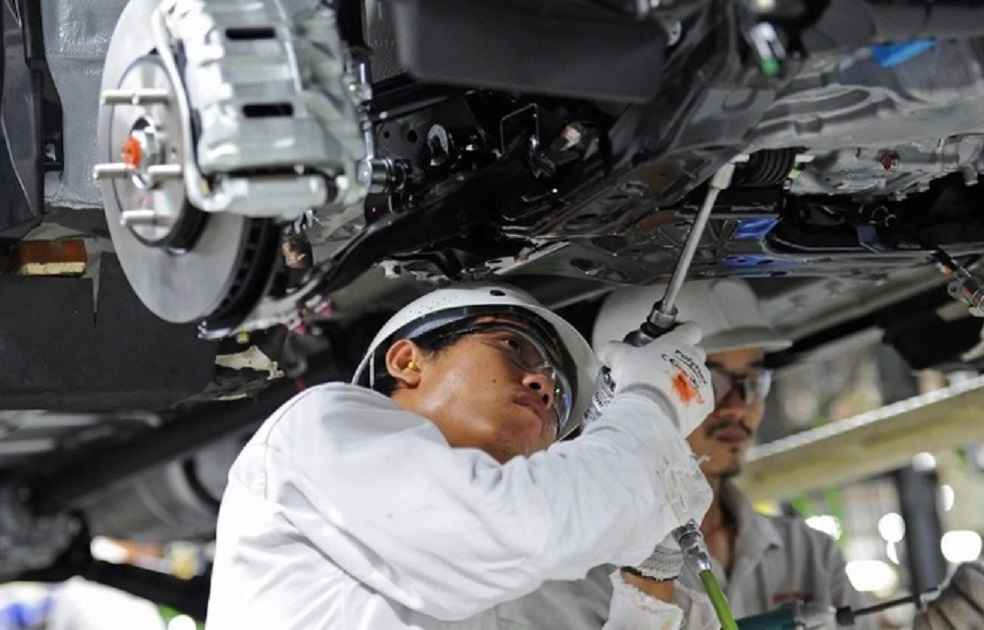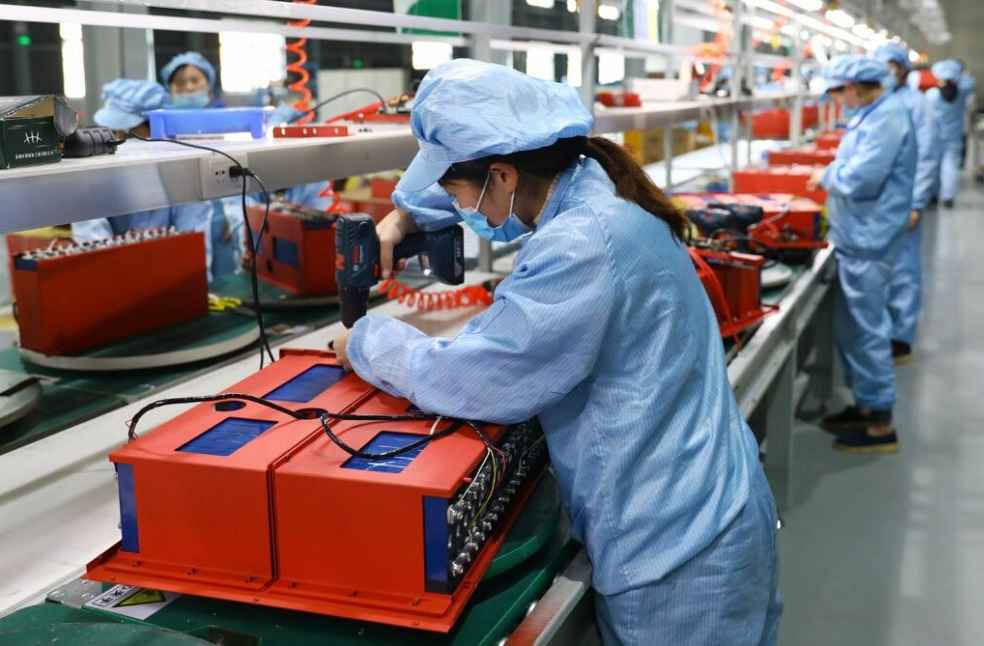Thailand’s Prime Minister Srettha Thavisin recently invited Japanese companies to collaborate on developing Thailand’s digital economy and auto industry. This proposal was a highlight at the Tokyo meeting during the Japan-ASEAN special summit, celebrating a half-century of Japan-ASEAN relations.
The focus of this initiative is to tackle energy and climate change challenges. Japanese Prime Minister Fumio Kishida expressed enthusiasm for starting discussions about the next-generation auto industry, a topic that dominated the summit’s agenda. Kyodo News reported Kishida’s suggestion for a framework to guide these discussions.
The envisioned collaboration seeks to explore sustainable measures to maintain Thailand’s industrial competitiveness, particularly as a major manufacturing hub for Japanese automakers. The focus is notably on the production and export of next-generation vehicles, including electric cars, underscoring a commitment to eco-friendly and innovative automotive solutions.

Prime Minister Srettha Thavisin, emphasizing Thailand’s supportive stance, assured that the Southeast Asian nation would continue to back activities by Japanese auto-related companies. In a significant gesture, Srettha met with top officials from seven leading Japanese auto manufacturers, reaffirming the Thai government’s support for the industry’s transition towards electric vehicle production.
The collaboration extends beyond the automotive sector, tapping into the rich potential of the digital economy. Srettha invited Japanese firms to contribute to the development of Thailand’s digital landscape, echoing a broader aspiration for technological advancement and digital transformation.
In a nod to cultural and regional development models, Srettha highlighted the ‘one tambon, one product’ (OTOP) initiative, a successful Thai government program inspired by Japan’s ‘one village, one product’ (OVOP) movement. This reference underscores a desire to integrate soft power strategies with technological and industrial advancements.

The Japan-ASEAN summit culminated in the adoption of a ‘joint vision statement,’ a commitment to forge new pathways for the automotive industry in Southeast Asia. This statement includes plans to bolster collaboration in energy transition and the advancement of low-carbon technologies, marking a pivotal step towards sustainable development in the region.
This burgeoning partnership between Japan and Thailand exemplifies a progressive approach to addressing global challenges through collaborative innovation and shared expertise. It paves the way for a future where sustainable technology and digital advancements drive economic growth, while also nurturing an environment of mutual respect and cooperation.
EV WORLD | Nissan Set to Export China-Made EVs Globally, Targets New Markets





